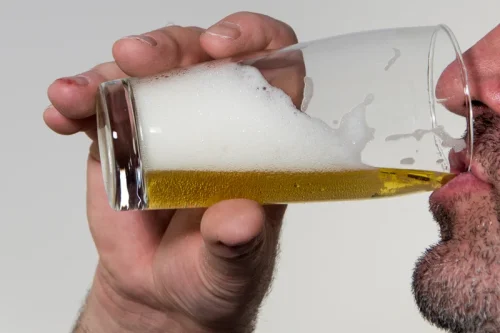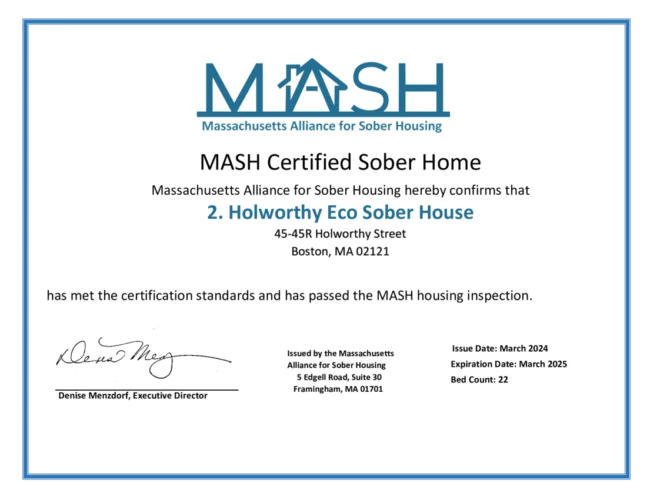
Gatehouse Treatment would like to help you overcome your relapse triggers. We propose you take a moment to learn about how addictive triggers can impact your life. In doing so, you will be able to spot the different signs of addiction and protect yourself better in the future. Warren is a Licensed Master Social Worker, who specializes in substance abuse and mental health treatment.
Relapse Prevention
- They feel they are doing something wrong and that they have let themselves and their families down.
- Try to focus on the new life you’re building and the changes you’re making.
- They may not recognize that stopping use of a substance is only the first step in recovery—what must come after that is building or rebuilding a life, one that is not focused around use.
- Commit to talking with one or more of the support group members regularly.
This might include seeking professional help, such as therapy or counseling, to better understand and manage these emotions. By proactively addressing emotional turmoil, you can maintain your sobriety and continue on your recovery journey. Developing healthy coping mechanisms is the key to effectively managing stress and anxiety.
MS Symptoms and COVID-19 Vaccines: Is There a Relapse Risk?
But external triggers can become internal triggers if they bring up experiences you haven’t processed. Being able to identify triggers and implement healthy ways to manage them will be critical skills for your recovery journey. Such feelings sabotage recovery in other ways as well—negative feelings are disquieting and are often what drive people to seek relief or escape in substances to begin with.
Connect with others who understand.

Instead, it can be an opportunity to examine what lifestyle changes, coping skills, and adjustments may be needed to prevent relapse in the future. This may vary from person to person and be influenced by things such as extent and length of use. Talking openly about a lapse or relapse with a care team can help you develop and strengthen your relapse prevention plan and identify how to get back on track with your recovery goals.

- Technology gives us the tools to stay connected to our support groups even if they’re not in the same time zone.
- These issues can be fixed, and people should learn to challenge their outlook by giving equal attention to past successes.
- And by talking to a support group or mental health professional about how a trigger makes one feel, it can help to process the trigger and establish an effective response.
- Here are five common relapse triggers you may want to discuss with your therapist or counselor.
- Very few people suddenly leave their sobriety behind after having worked hard to achieve it.
- It may seem obvious to point out that drug and alcohol cravings can trigger a relapse, but it is worth discussing so that you can develop a plan for dealing with these triggers.
Understanding relapse triggers and coping with cravings is essential in maintaining sobriety and developing better habits. “All or Nothing” ThinkingThe path to recovery is a journey you must take one step at a time. If you make a mistake along the way, this doesn’t mean that your efforts are doomed or that you should give up hope of meaningful change. Stumbling blocks merely indicate types of relapse triggers that it’s time to reevaluate your treatment plan and develop strategies that are better suited to your recovery needs. Implementing these coping strategies can significantly strengthen your ability to manage triggers, maintain sobriety, and lead a fulfilling life in recovery. Tailoring these techniques to suit your individual needs and preferences is key to their effectiveness.
Additionally, join local recovery meetings to interact with peers in similar situations. Triggers can be anything from people, places, or objects that remind you of substance use. It’s important to know which triggers might cause you to relapse and come up with strategies for managing them. Relapse occurs when you begin using a substance again after a period of sobriety. It can be due to various emotional, environmental, or social triggers.

You may think you miss your old life when you see these reminders, but remember the pain and hardship your addiction brought you as well. You can learn a lot about yourself by taking an inventory of what you’re feeling and asking yourself why. In fact, learning how to face your emotions without escaping into addiction is invaluable. It is important to learn how to be comfortable with uncomfortable feelings and emotions.
